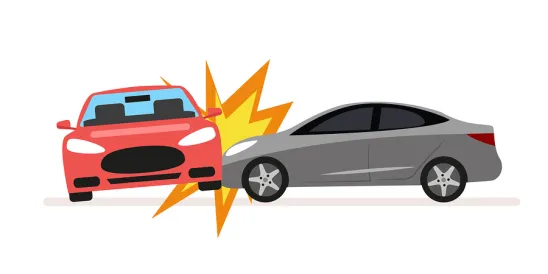Insurers issuing auto coverage in Wisconsin may want to double check their policies after the court of appeals’ recent decision in Brey v. State Farm Mut. Auto Ins. Co., 2020 WL 3455880 (Wis. Ct. App. June 25, 2019). There, the court found that the state’s omnibus insurance statute requires carriers offering underinsured motorist (UIM) coverage to provide that coverage even when their insureds have not suffered any bodily injury themselves.
The facts of Brey were relatively straightforward. A father died in an automobile accident. His son sued to recover UIM benefits from State Farm, which insured him under a policy issued to his mother. The father was not insured under that policy, as he did not live with the son and his mother. State Farm denied coverage because the policy’s UIM provisions required an insured to suffer “bodily injury” and the son (who was not involved in the crash) had not suffered any such injury. The son acknowledged those policy terms but argued that they were void and unenforceable because Wisconsin law does not allow for UIM provisions that require bodily injury of an insured. The trial court sided with State Farm and dismissed the son’s claim. On appeal, however, the appellate court reversed, concluding that State Farm’s UIM terms were impermissible under applicable Wisconsin statutes.
The case turned on Wis. Stat. § 632.32, a state statute that identifies the minimum coverage that all policies issued in the state must provide. Section 632.32(2)(d) addresses UIM coverage and states:
“Underinsured motorist coverage” means coverage for the protection of persons insured under that coverage who are legally entitled to recover damages for bodily injury, death, sickness, or disease from owners or operators of uninsured motor vehicles.
According to the court of appeals, this statement unambiguously establishes that UIM provisions in Wisconsin must protect any person who meets three requirements: “(1) the person who makes the UIM claim must be an insured under the UIM coverage of the policy; (2) that person must be legally entitled to recover damages for bodily injury or death; and (3) that person must be legally entitled to recover from an owner or operator of an underinsured motor vehicle.” 2020 WL 3455880, at ¶ 22. Because Wis. Stat. § 632.32(2)(d) says nothing about the insured having to sustain bodily injury or death to access UIM benefits, insurance policies issued in the state are not allowed to include that requirement. Id.
State Farm raised a host of other arguments, contending that: the son’s reading of the statute was absurd; that prior Wisconsin case law dictated a result in State Farm’s favor; and that decisions from other jurisdictions suggested State Farm was correct. The appellate court quickly rejected all these arguments, reiterating that the statutory language was unambiguous.
The decision is a good reminder to insurers that, at least in Wisconsin, unambiguous policy language is not always the end of the coverage inquiry. Wisconsin’s omnibus insurance statute always serves as a backdrop to any coverage dispute and can lead to a victory for the insured even when the terms of the policy clearly do not afford coverage. Insurers facing such arguments should seek counsel experienced with the omnibus statute to help them avoid trouble.



 />i
/>i
